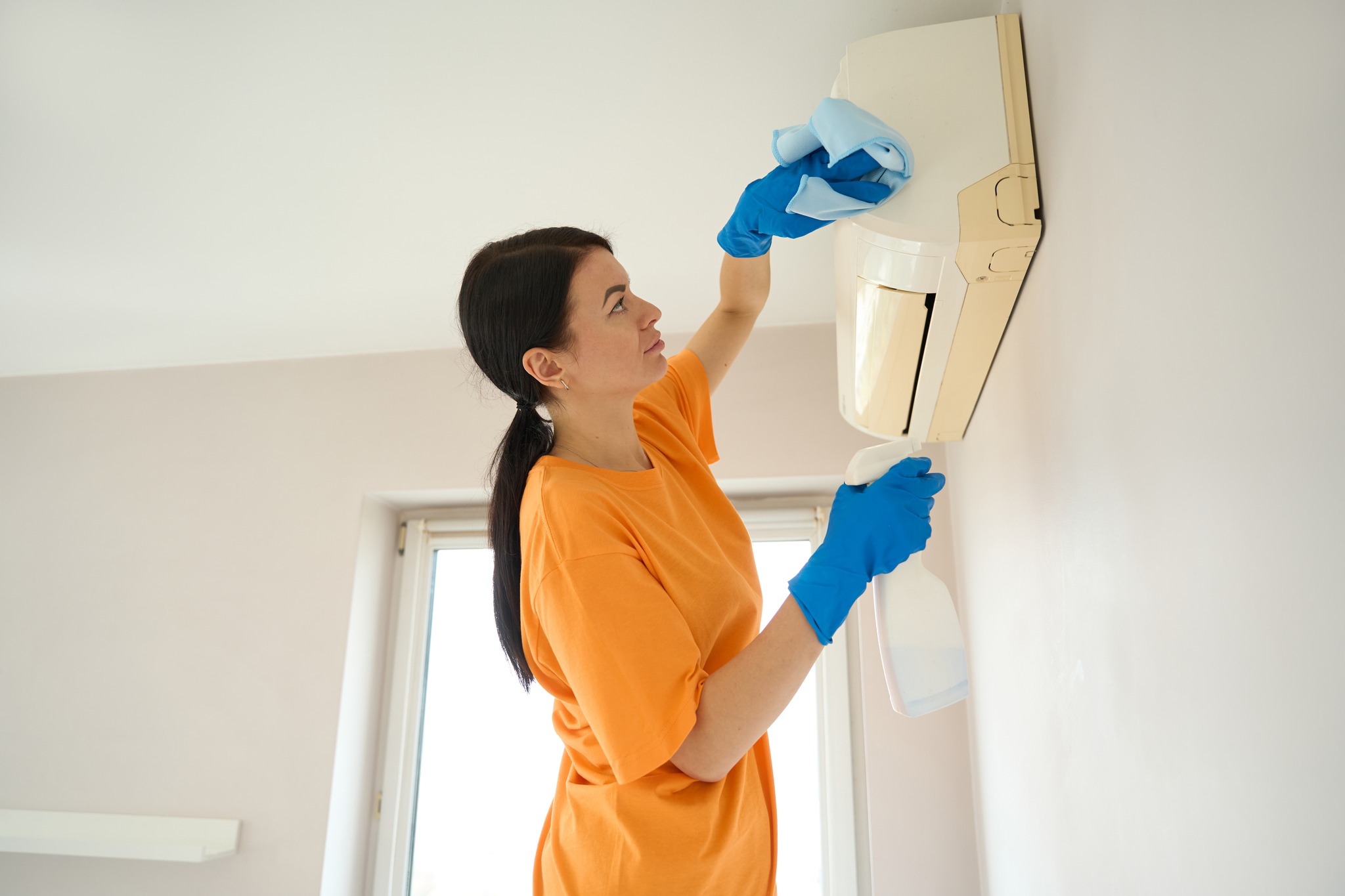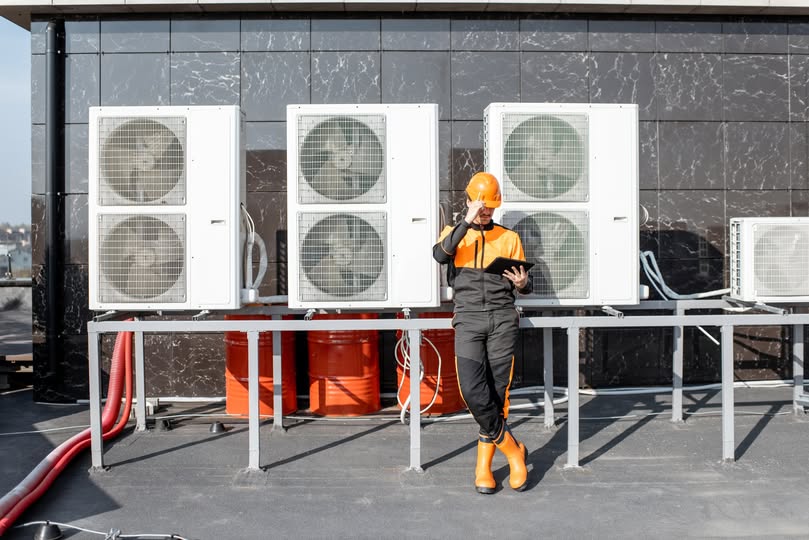At A Plus Quality, we believe that the air quality in your home is just as important as your heating and cooling systems. With all of the pollutants in the air, homes can become a health hazard for people with vulnerable immune systems or those who are sensitive to certain allergens.
I completely agree with your statement that air quality in homes is extremely important for maintaining good health. Poor air quality can cause a range of health problems, including respiratory issues, allergies, headaches, and fatigue. The indoor air quality is particularly important for people with vulnerable immune systems, such as children, the elderly, and those with respiratory conditions like asthma.
There are many factors that can contribute to poor indoor air quality, including dust, mold, pet dander, pollen, and volatile organic compounds (VOCs) from household cleaners, paints, and building materials. In addition, modern homes are often well-sealed to increase energy efficiency, which can lead to a buildup of pollutants inside the home.
To ensure good indoor air quality, it's important to have a proper ventilation system in place, use air purifiers and air filters, and maintain a clean living environment. Regular cleaning, vacuuming, and dusting can help remove allergens and other pollutants from the air. It's also a good idea to have your HVAC system regularly maintained and cleaned by a professional.
At A Plus Quality, your dedication to providing high-quality air solutions is commendable, and it's important to raise awareness about the importance of indoor air quality for good health.



